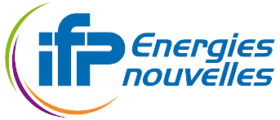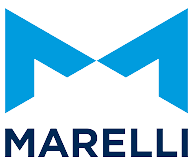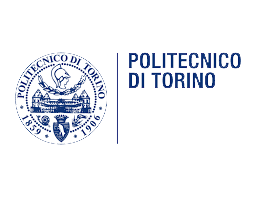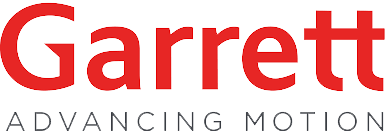Partners


IFPEN has a strong and well-known experience regarding the development of advanced internal combustion engine concepts, catalyst materials development, as well as engine-out and tailpipe pollutant emissions analysis, and especially within international consortia or European projects such as POWERFUL (FP7), GASON (H2020), REWARD (H2020), DIEPER (H2020) or more recently SUREAL23 (H2020) and EAGLE (H2020).

As a focal point for research activities of FCA (Fiat Chrysler Automobiles), Centro Ricerche Fiat has the mission to: (i) develop and transfer innovative powertrains, vehicle systems and features, materials, processes and methodologies together with innovation expertise in order to improve the competitiveness of FCA products; (ii) represent FCA in European collaborative research programs, joining pre -competitive projects and promoting networking actions; (iii) support FCA in the protection and enhancement of intellectual property.

FEV is a worldwide recognised partner for OEMs and provides automotive engineering development services from simulation, design, testing, and calibration of both conventional, hybrid, and electric powertrains. FEV will provide the consortium withbackground knowledge on thescenarios of future emission legislation in the European Union, but also RoW in order to update the global technical development targets. FEV will provide the consortium with comprehensive competencies in concept simulation of drive cycle and exhaust emission after-treatment systems which are the key to define the sub-system development targets.

Johnson Matthey is a long-established (>200 years) company with pioneering and leading expertise in after-treatment systems. JM has a broad base of development chemists and a wide range of testing facilities available. JM has had relevant experience in lean after-treatment development in previous EU funded programmes.

Marelli develops and produces exhaust systems for motor vehicles using high quality, high performance technologies. Its product range includes systems for exhaust gas after-treatment (SCR and NSC systems) and for engine noise attenuation. This experience is brought to the project for the design, manufacturing and assembly of hybrid vehicle exhaust system integrating the catalysts and monoliths developed by the partners with different possible canning technologies and exploring advanced system layouts (i.e. T-shape hot end) to minimise system size and optimise fluid-dynamics.

In Extenso Innovation Croissance – Consulting company specialised in innovation strategy management. It provides its customers with a 20+year-experience in innovation strategy and marketing, support in project regional, national and European funding, industrial performance, valorisation and technology transfer. In Extenso Innovation Croissance is the French broker of European technology transfer programs of the ESA and FUTTA II.
With 9 agencies in France for local action with a wide variety of players :
- start-ups, SMEs, middle-size companies, large groups, Incubators, Competitiveness Clusters, Local Authorities…
- our 100 expert consultants operate at the heart of the innovative ecosystem to offer entrepreneurs support developed using methodologies specifically designed to accelerate the creation of value, in-depth knowledge of their technologies and of innovative and sustainable growth models.

Politecnico di Torino can boast severaldecades of experience in research activities on internal combustion engines, and, over the last 20 years, on hybrid powertrains, as testified by its participation to several previous EU funded projects, as well as by a number of research projects in cooperation with primary OEMs, aiming to the development of innovative powertrain and after-treatment systems.

Garrett supplies boosting solutions to all OEM’s around the globe. Its portfolio includes 60+ year-experience and > 1500 patents.
Boards
- The Project Coordinator (PC), who has the overall responsibility formanagement of the project, and for reporting activities and liaison with the European Commission.
- The Steering Committee (SC), assists the PC in making decisions concerning important top-level management issue, and has overall responsibility for the project and its quality.
- The Project Technical Committee (PTC) consists of scientific WP leaders (i.e. WP2, WP3, WP4, WP5, and WP 6); it is in charge of the follow-up of the technical achievements and the overall consistency of the scientific project objectives.
- Each Work Package Leader (WPL) oversees his work package progress and reports periodically to the PC. Each partner oversees the production of a detailed list of deliverables.
- The Advisory Board (AB) is composed of relevant PHEV scientific and technical experts. This group will act as an expert panel, reviewing the work achieved during the project and the main output (deliverables, publications, results, etc.). Grant Agreement No. 101006841 17 They will be consistently updated on the project implementation and asked for their expertise on specific topic or will be asked to attend to consortium meeting.


